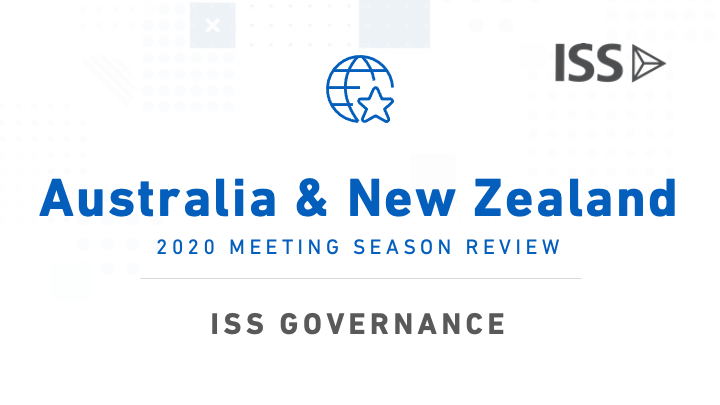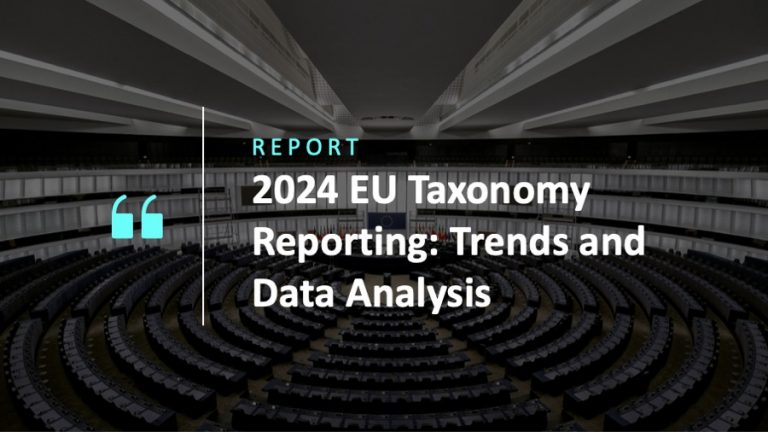Below are key takeaways from ISS’ recently released Australia & New Zealand 2020 Proxy Review. The full report is available to institutional subscribers by logging into ProxyExchange then selecting the Governance Exchange and its Report Center tab and to corporate subscribers by logging into Governance Analytics then selecting the Governance Exchange and the Report Center tab.
- “Strikes” against remuneration reports: Shareholder votes against remuneration arrangements in the S&P ASX300 companies increased in 2020 as represented by a “strike” (defined as a vote of 25 percent or more of votes cast against the remuneration resolution).
- Problematic pay practices: Certain pay practices which have historically not been supported by shareholders or boards in this market were observed more prominently in 2020, including significant retention bonuses, grants of time-based and unhurdled restricted shares and changes in performance measures from objective financial hurdles to non-financial measures. Concerns for an escalation in such problematic pay practices, which are misaligned with financial results and shareholder returns, are expected to result in a spike in “strikes” in 2021.
- Virtual meetings: Australian corporate law requires physical attendance at shareholder meetings. Given government restrictions in response to COVID-19, the Australia Parliament enacted temporary modifications to the Corporations Act to permit virtual shareholder meetings and electronic communications. These temporary measures expired in March 2021. The Australian Securities and Investments Commissions has issued a “no action” position on compliance with the Corporations Act in relation to the continuation of virtual AGMs in 2021 to ensure market certainty for the conduct of meetings in the current environment.
- Rise in environmental resolutions: There was an increase in the number of companies in 2020 with environmental proposals on the agenda. Substantial higher levels of shareholder support for specific environmental resolutions were observed at certain companies, particularly those proposals requesting disclosure of GHG reduction strategies, policies and targets.
- Material shift in regard to “say on climate” proposals for 2021: Legal precedent has historically prevented non-binding shareholder proposals from being formally voted on at Australian AGMs. In early 2021, four large ASX100 companies have created a precedent in announcing their support for shareholders to be given a non-binding vote on the company’s climate report from 2022.
If you are not a subscriber, please contact sales@issgovernance.com (for institutional investors) or contactus@isscorporatesolutions.com (for corporations) to learn more about accessing bespoke governance research.
By Vas Kolesnikoff, Head of Australia & New Zealand Research




